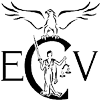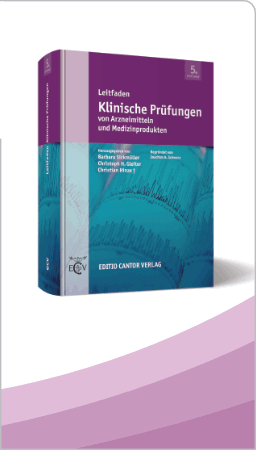Header
| Protection Against Counterfeit Pharmaceuticals by Employing GPHF-Minilabs in Health Facilities of Low-income Countries Worldwide Richard W. O. Jähnke, MPharma, and Lon Chanthap, MDb German Pharma Health Fund (GPHF)*)a, Oberursel (Germany), and National Center for Parasitology, Entomology and Malaria Control Programb, Phnom Penh (Cambodia) When talking about health assistance in international development, people are generally thinking of improving medical services. However, as 35 to 60 % of total health expenditures are used for drug procurement, the German Pharma Health Fund (GPHF) set out to focus its development work on improving pharmaceutical services in private, religious and public health facilities of low-income countries. After 20 years of health assistance for poor settings in Africa and Asia and about ten years of project work on the Minilab, a mini-laboratory to help in the detection of substandard and counterfeit medicines, GPHF’s model concepts on drug quality, supply and donation management have been acknowledged and gradually became part of global public health policies. One example is the generation of evidence-based data on counterfeit medicines proliferation for antimalarials and antiretrovirals in the sub-Saharan, Mekong and Amazone region within Roll Back Malaria Partnership Programmes of the World Health Organisation (WHO) and global assistance programmes of the US Agency for International Development (USAID) and the United States Pharmacopeia (USP), respectively. This report presents how these programmes are implemented in South-east Asia and how international cooperation for rapid drug quality verification projects is working in Latin America. It comes as an extension of a review paper on counterfeit medicines proliferation and Minilab use published in this journal (Pharm. Ind. 66, No. 10, p. 1187; 2004). |
|
|
pharmind 2006, Nr. 1, Seite 52




